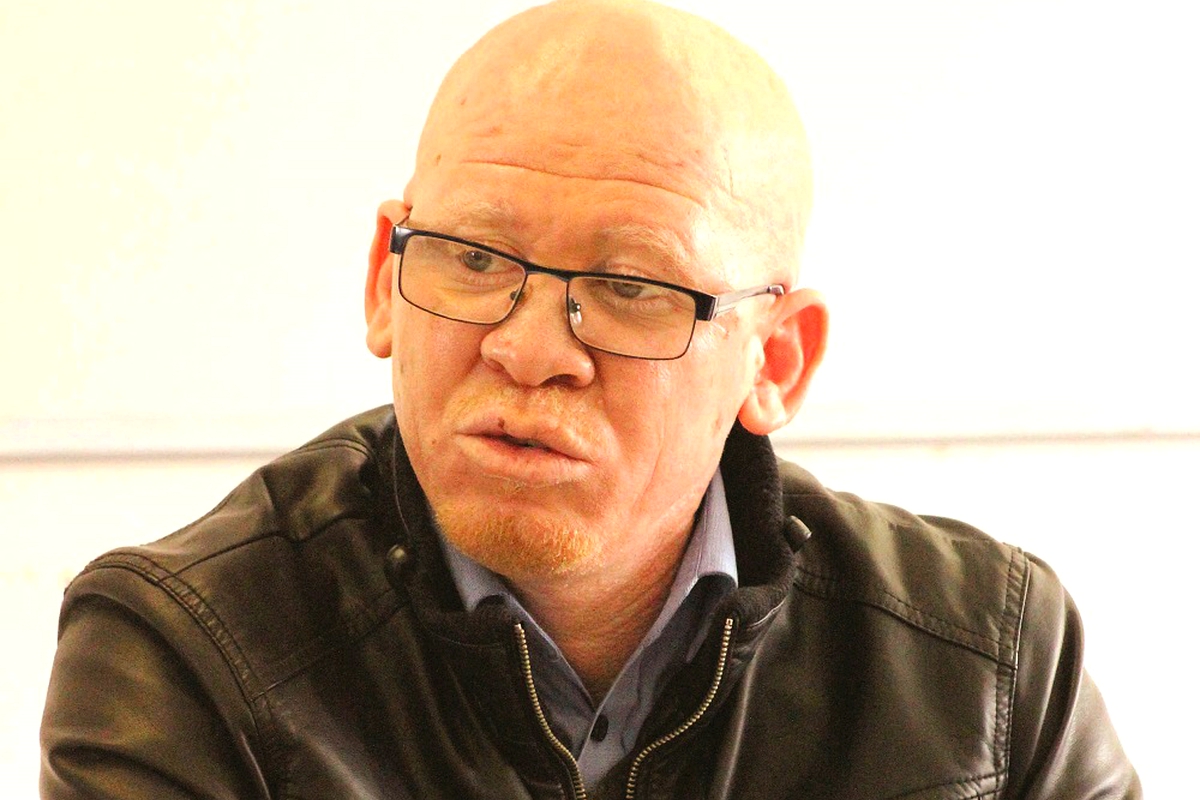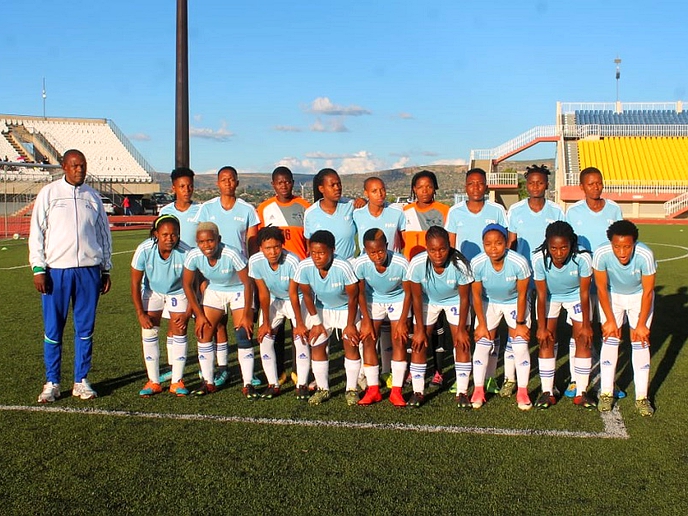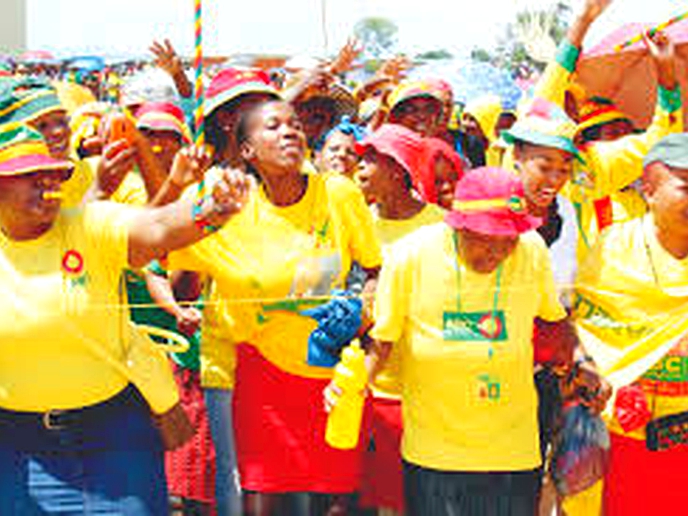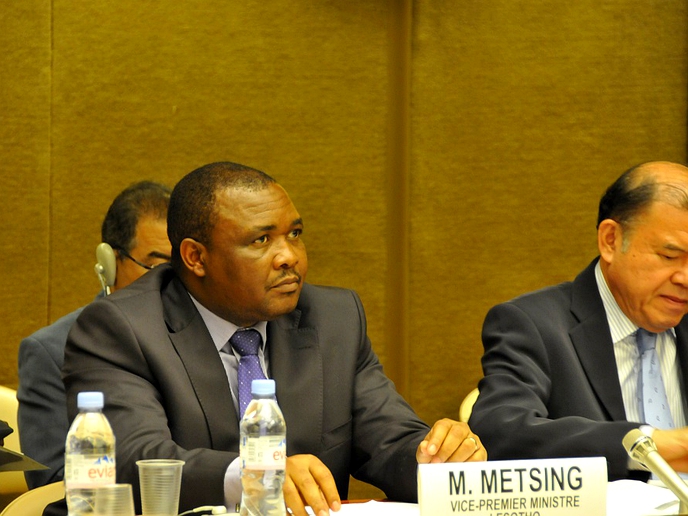MASERU (TmgLive) – Transformation Resource Centre (TRC), a local non-governmental orgnisation advocating for justice, peace and participatory development, has implored Lesotho to enact law to criminalise torture. The TRC action follows ongoing reports of torture of civilians in police detention where some suspects are reported to have died during questioning by police.
news
Oct. 18, 2018
3 min read
TRC calls for criminalization of torture

According to the TRC “human rights violations are rampant in the country; the government through its security institutions (police) violates the rights of the citizens. Police brutality and other forms of torture are escalating and are purported by these security institutions.” In a statement to the media released on Thursday last week, the TRC said the African Charter on Human and People’s Rights is a yardstick on which the country’s laws and practices must be based. “The African charter is a set of rules, called articles, guaranteeing certain rights and fundamental freedoms for individuals. In an effort to promote respect for human rights, Lesotho like other African countries, signed the charter on March 7, 1984 and ratified it on January 23, 1992…by virtue of ratification the country became a member state to the treaty,” the TRC observed.
Enjoy our daily newsletter from today
Access exclusive newsletters, along with previews of new media releases.
It said Lesotho is therefore obliged to protect the rights specified in the treaty and it is therefore obliged to submit itself to scrutiny of its human rights record, and mandated under Article 62 of the charter to submit periodic reports on the legislature and other measures it has undertaken to implement the provisions of the charter under its national laws as form of compliance.
Laying out Lesotho’s deficit on compliance and implementation of the African charter, TRC said democracy supporting institutions such as Ombudsman and Directorate on Corruption and Economic Offences (DCEO) among others are weak and Lesotho is challenged by negative effects of corruption and impunity on political, economic, social and cultural stability.
The independence, separation of powers, legitimacy and trust of the public on judiciary has diminished according to the TRC. It therefore observed that the judiciary faces political manipulation and interference of government. “It is notable that the government of Lesotho has enacted Human Rights Commission Act of 2016, but some of the provisions of the act do not comply with the Paris Principles and this undermines the independence and pluralism of the envisioned commission,” said the TRC.
The TRC therefore calls upon the government of Lesotho to also enact human rights commission that is compliant with the international standards; enact law regulating powers of the prime minister in appointing judges, in order to uphold accountability and transparency to safeguard judicial independence and separation of powers; enact public participation act and local government act which is in line with the decentralization policy of 2014.
The TRC however observed milestones in legislative measures and legal instruments so far undertaken by Lesotho such civil and political rights that are embodied in the national constitution. There are also national laws such as legal capacity of married persons, sexual offences, local government elections amendment, children’s protection and welfare and education act, among others which adhere to the African charter and international conventions.
Tailored for you






